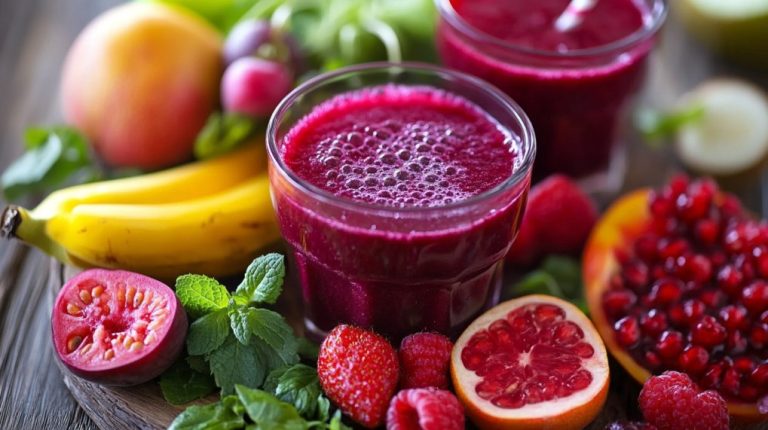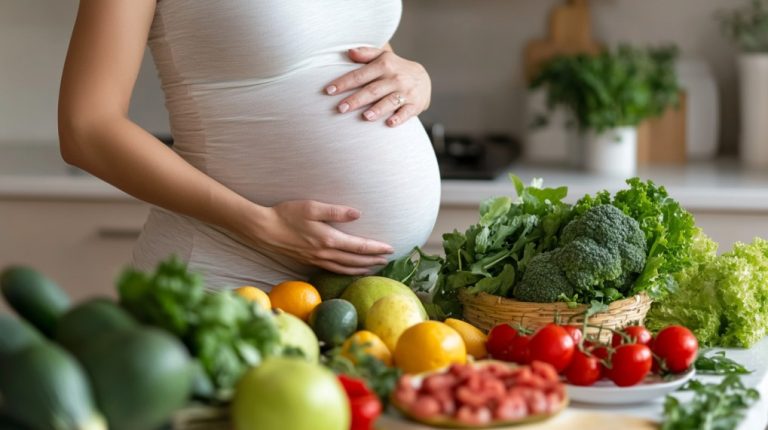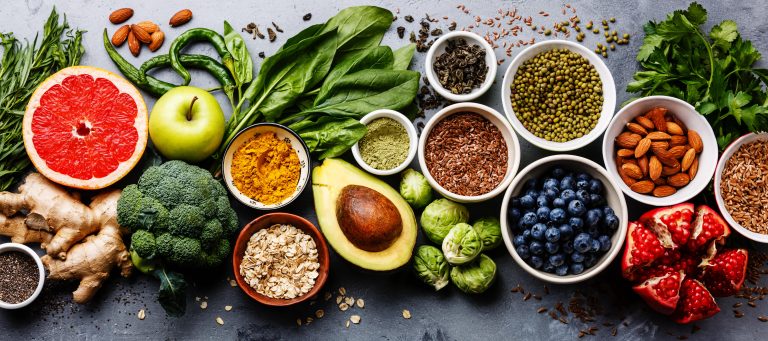Let’s Discuss Fertility, Diet and Nutrition: Are You Getting the Nutrients You Need?
There are some moments in life that cannot be described in words; their importance can be understood only when they happen. Giving birth to a baby is one of the life-changing moments and requires a lot of planning for his/her healthy future.
It has been shown that diet and fertility are related. Alcohol, smoking, diet, and weight may all affect fertility negatively and cause hormonal imbalances. Therefore, it is crucial to change your dietary patterns. This becomes even more crucial when you wish to boost fertility and consider becoming pregnant.
A fertility diet helps to get the correct nutrients into your body early to increase your chances of getting pregnant and having a healthy baby.
An important building block for a healthy pregnancy and newborn might be a good fertility diet in both men and women. Due to the three-month maturation period for eggs and sperm, both of you should consider your diets well before trying for a child.
Fertility Diet: Nutrients for improved results
Folic Acid:
The neural tube that develops into the baby’s spine and brain is known to benefit from folic acid. Spina bifida, a disorder where the baby’s spine does not develop properly, is associated with a shortage of the vitamin. Therefore, it’s crucial to consume it in your fertility diet both before and throughout pregnancy. Dark leafy veggies like broccoli, spinach and lentils are a great source of folic acid.
Vitamin D:
Lack of vitamin D has been linked to a variety of issues with fertility, including PCOS, uterine fibroids, endometriosis, poor sperm function, and decreased IVF effectiveness. Women with vitamin D deficiency have been linked to adverse pregnancy outcomes such preterm delivery, preeclampsia and gestational diabetes.
Omega 3 Fatty Acid:
Omega 3 Fatty acid promotes cervical mucus production, hormone balancing, and uterine quality enhancement by boosting blood flow. Walnuts, Salmon fish and Chia seeds in your fertility diet are some of the known sources of Omega 3 Fatty Acids.
Vitamin B12:
The fertility of both men and women can be impacted by vitamin B12 deficiency. The sperm are produced and matured with the aid of vitamin B12. Reduced libido, sperm cell DNA damage, and reduced sperm count are all consequences of deficiency. If a woman becomes pregnant while having a vitamin B12 deficiency, the pregnancy has a greater chance of ending in fetal loss. It also contributes to abnormal ovulation and impaired egg formation.
Zinc:
Zinc intake is key part of fertility diet for both women and men. Zinc aids in the development of eggs in females and controls hormones during the menstrual cycle. It has been demonstrated that raising zinc levels in males can improve sperm quantity, quality, and function.
How unhealthy diet can cause fertility problems
Diet mostly impacts women’s fertility by influencing ovulation. Successful ovulation depends on adequate hormonal action. Unfortunately, a bad diet may mess with our hormones, which might result in problems ovulating. Because it prevents eggs from developing normally and promotes the creation of ovarian cysts, excess insulin in the body can prevent ovulation. If a woman consumes a diet that is heavy in carbohydrates, sugar, and starchy foods, such as white rice, flour and bread, her insulin levels are likely to be elevated.
Men need to produce enough healthy sperm for their partners, a process that is likewise controlled by hormones. A poor diet and weight increase have also been related to issues with fertility and repeated miscarriages. A man’s “hormonal milieu” can be enhanced by maintaining a healthy weight and diet. This will improve sperm quantity and quality, increasing a couple’s chances of getting pregnant.
This implies that fertility diet needs to be planned well in advance with clarity on foods to eat as well as to stay away from in order to increase our chances of conceiving.
The Fertility Diet’s Core Nutrition Principles
Omega 3 Fatty Acids Intake:
Increasing your consumption of omega-3 fatty acids is advised as part of a fertility diet, as it helps to stimulate ovulation and encourage conception. Flaxseed, Walnuts, Salmon, and Sardines are rich in Omega 3 Fatty Acids.
Choose healthy carbs and avoid Trans Fat:
The basic guideline is to consume less of anything high in “trans fats” and refined carbs, both of which can increase insulin levels and interfere with ovulation. Reduce the amount of carbohydrates you consume from other sources like bread and pasta and increase the intake of healthy grains like quinoa and vegetables like folate-rich greens.
Add Plant Protein to your fertility diet:
Plants are a great source of protein when attempting to conceive, and they are also loaded with elements that promote fertility, such as iron, which will be beneficial when you are pregnant. You can enhance your fertility by eating more plant proteins.
Cut out Sugar Beverages:
Avoiding soft drinks and other liquids with added sugar helps you become pregnant in addition to preventing gestational diabetes. The regular consumption of sugary soft drinks is one of the most frequent causes of insulin excess. Eliminating these beverages from your diet is a wonderful way to cut back on the sugar you consume. Much better options include full-cream milk, water, and herbal teas.
Does a healthy diet really improve your chances of getting pregnant?
A nutritious diet is crucial to improving your chances of getting pregnant either spontaneously or with the help of fertility treatments. Additionally, it significantly enhances how the embryo grows in the womb after conception. The body needs a variety of vital nutrients, such as antioxidants, hormones, vitamins, etc. for the reproductive system to work properly. For instance, folic acid is crucial for DNA replication and the development of eggs prior to ovulation. Fresh foods with all the necessary dietary components and, ideally, organic ingredients should be part of fertility diet.
The Best Nutrition Advice for Person Facing Infertility
Don’t let the idea of altering your diet overwhelm you or concern you about the best things to consume; instead, concentrate on making one adjustment at a time and be patient with yourself while you do so. Avoid fad diets at all costs since they might deprive your body of the nutrients it requires during pregnancy. Understand what to eat and what to avoid. Best is consult a nutritionist who can help you customizing fertility diet plan for your specific needs, so that you don’t need worry and put additional load on yourself.
Final Thoughts on the Link between Diet, Fertility, and Getting Pregnant
Eating a balanced, nutritious diet is necessary at all times, but when trying to get pregnant it is especially crucial. Fertility diet is essential to a healthy baby. It establishes the foundational nutritional health that our children have at birth and serves as a guide for their eating patterns throughout childhood and beyond.
Additionally, a nutritionist’s knowledge can lower the risk of complications during both the fertility process and pregnancy, which may be brought on by a low BMI, inadequate nutrient intake, medical conditions like thyroid and diabetes, a propensity for a particular diet like veganism or keto, as well as the introduction of supplements and medications into the fertility diet plan.
We often struggle to act consistently even when we are aware of what has to be done. As you work toward your family building objectives, having the assistance, accountability, and methods of a nutritionist helps keep you on track.
To speak with an expert nutritionist at QUA Nutrition Clinic, get in touch with us at +91-9743430000 or visit us www.quanutrition.com














